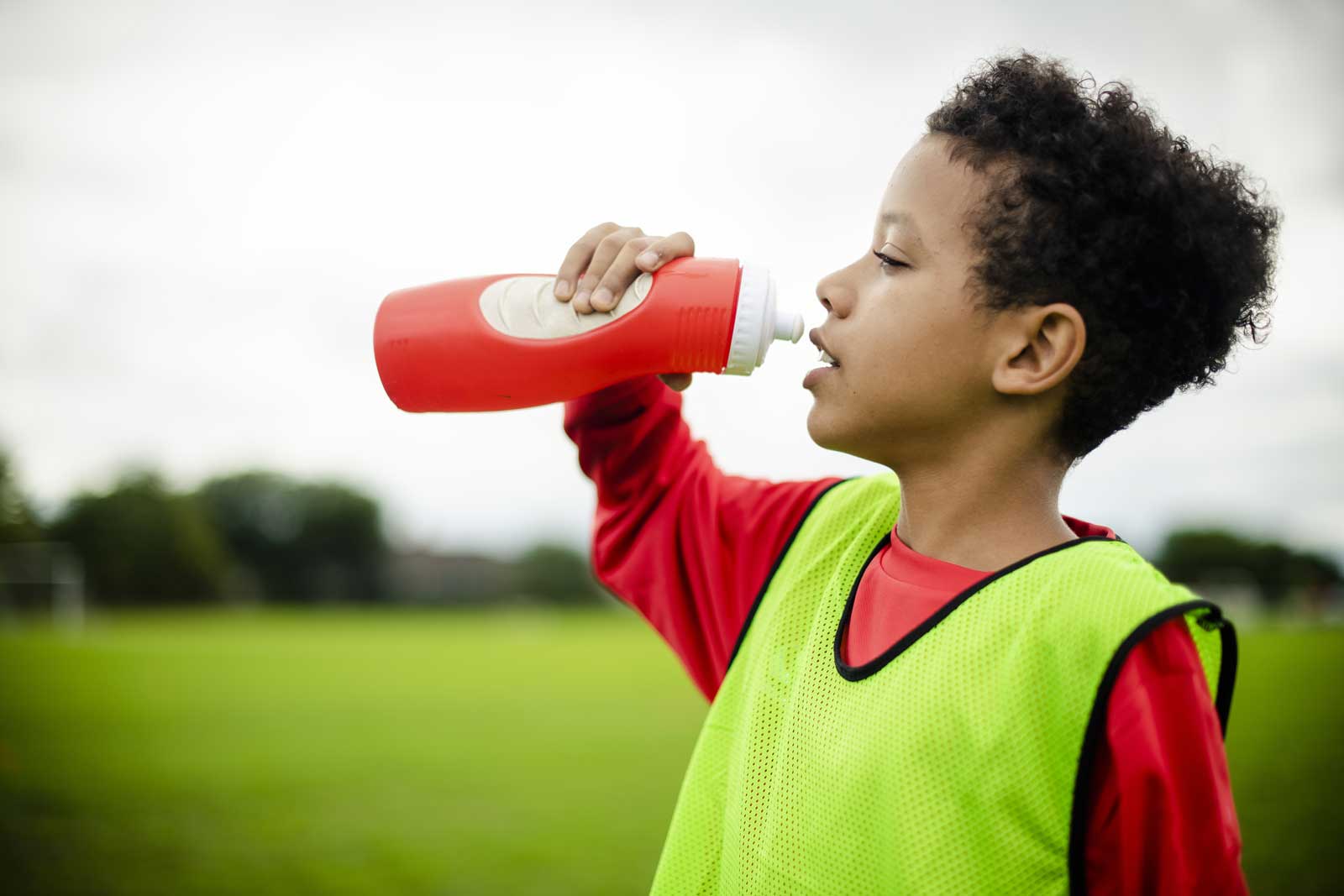Dropping Part 2 of our series “Nutrition for Young Athletes” with Strategy #3. Catch up on Strategies 1 & 2 with here.
Strategy #3: Protein, Protein, Protein
Protein intake impacts bone and skeletal muscle health and growth and plays a critical role in many cellular functions such as immunity.
Adequate protein intake for young athletes ranges from 1.2 to 1.8 g/kg daily to achieve a positive nitrogen balance essential for growth and supporting muscle health.
When it comes to performance outcomes, a recent study demonstrated that a higher protein diet (1.5 g/kg vs. 1.14 g/kg daily) is associated with better measures of strength, power, speed, agility, and endurance (Setiawan et al., 2020).
Throughout the day, the quality and distribution of protein play critical roles in maximizing muscle protein synthesis for muscle growth and maintenance.
Protein Quality
What makes some types of proteins “better” or higher quality than others?
Protein quality is determined by the essential amino acid composition and its ability to digest, absorbed, and retained by the body and scored by the Digestible Indispensable Amino Acid Score (DIAAS). Proteins are scored as percentages against a reference or crude protein source as < 75% being “poor” and 100% or more as “excellent”.
In athletics, quality is often determined by the ability and to what magnitude protein can stimulate muscle protein synthesis (MPS) or attenuate muscle protein breakdown (MPD).
With all these factors accounted for, animal proteins come out on top.
Level Up Your Plants
Vegan or vegetarian? Concerned you won’t build muscle? Don’t fret.
When it comes to muscle repair and growth, you can “correct” for these differences.
If a majority of protein consumed is through plant-based proteins:
- Add in branched-chain amino acids (BCAAs) or essential amino acids (EAA).
- Specifically, leucine (3 g) to help flip on that muscle-building switch.
- Consume 1.5 x more plant protein needed when getting it through food

Recovery
Beyond muscle growth, the type of protein can also impact recovery capacity. The ability of an athlete to properly recover can affect availability, and the best ability is availability.
The ability to decrease inflammation is influential in determining recovery capacity and can be achieved by 1) clearing out inflammation by enhancing endothelial function and 2) neutralizing inflammatory by-products.
Protein type can influence endothelial function. The endothelium is a thin membrane that lines the inside of the heart and blood vessels, and controls relaxation and contraction and plays a role in blood clotting, immune function, and platelet adhesion – so a considerable role in the inflammatory response. Plant proteins may improve blood flow, allowing for the delivery of oxygen and nutrients to muscles and clearance of waste and inflammation.
Plant proteins, specifically those rich in polyphenols, promote the clearance or neutralization of inflammation and may aid in pain management and return of muscle function after injury.
For young athletes, adequate protein intake is THE foundation. The choice between animal and plant lies in what outcomes you are looking for or what you intend to.
After a hard training session, animal proteins may be the best to rebuild and grow. Maybe it’s a travel day, or an off or light day with a recovery focus, plant proteins may be the better fit.
References
- Berrazaga, I., Micard, V., Gueugneau, M., & Walrand, S. (2019). The Role of the Anabolic Properties of Plant- versus Animal-Based Protein Sources in Supporting Muscle Mass Maintenance: A Critical Review. Nutrients, 11(8), 1825.
- Mathai, J. K., Liu, Y., & Stein, H. H. (2017). Values for digestible indispensable amino acid scores (DIAAS) for some dairy and plant proteins may better describe protein quality than values calculated using the concept for protein digestibility-corrected amino acid scores (PDCAAS). The British journal of nutrition, 117(4), 490–499.
- Meyer, F., O’Connor, H., Shirreffs, S.M. (2009). Nutrition for the young athlete. Journal of Sports Science, 25(Suppl1), S73-82.
- Setiawan MI, Susanto H, Kartasurya MI. (2020). Milk protein consumption improves muscle performance and total antioxidant status in young soccer athletes: a randomized controlled trial. Med J Indones, 29(2):164-71.
- Smith, J. W., Holmes, M. E., & McAllister, M. J. (2015). Nutritional Considerations for Performance in Young Athletes. Journal of sports medicine (Hindawi Publishing Corporation), 2015, 734649.
- Tentolouris, N., Araposthathi, C., Despoina, P., Kyriaki, D., Revenas, C., & Katsilambros, N. (2008). Differential effects of two isoenergetic meals rich in saturated or monounsaturated fat on endothelial function in subjects with type 2 diabetes. Diabetes Care Dec 2008, 31 (12) 2276-2278.
